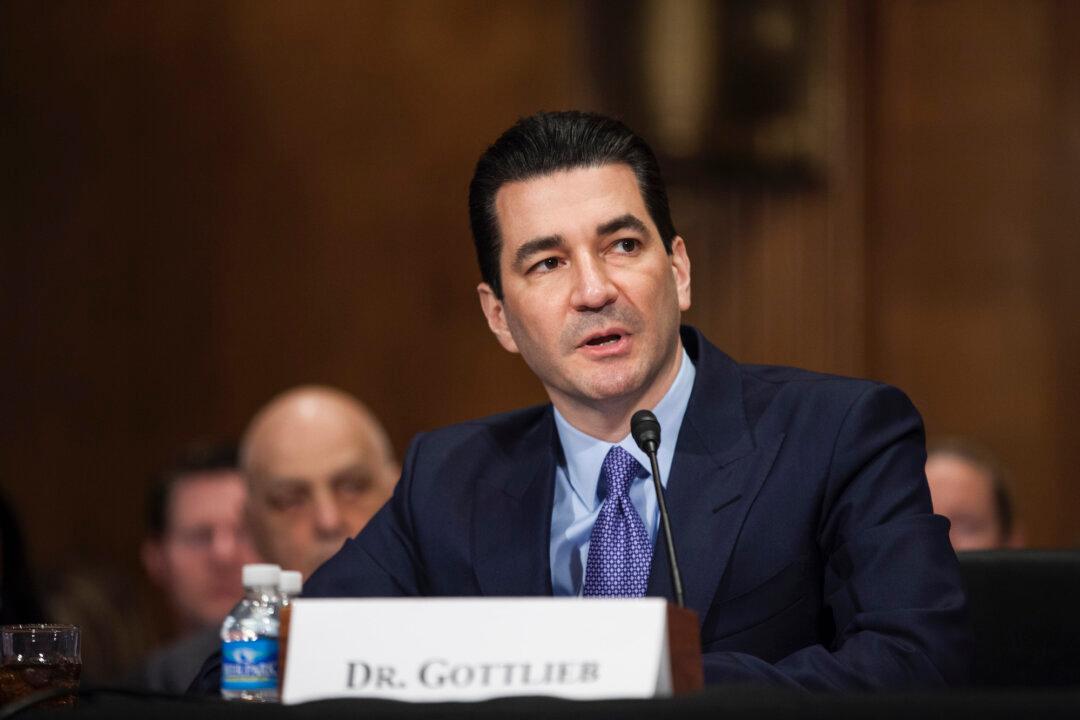Former Food and Drug Administration (FDA) commissioner and current Pfizer board member Scott Gottlieb said he believes the COVID-19 pandemic in the United States could be over by January 2022.
“I think the bottom line though is that these mandates that are going to be put in place by Jan. 4 really are coming on the tail end of this pandemic,” Gottlieb said Friday on CNBC, referring to President Joe Biden’s deadline for a vaccine requirement or weekly testing for numerous private businesses.





